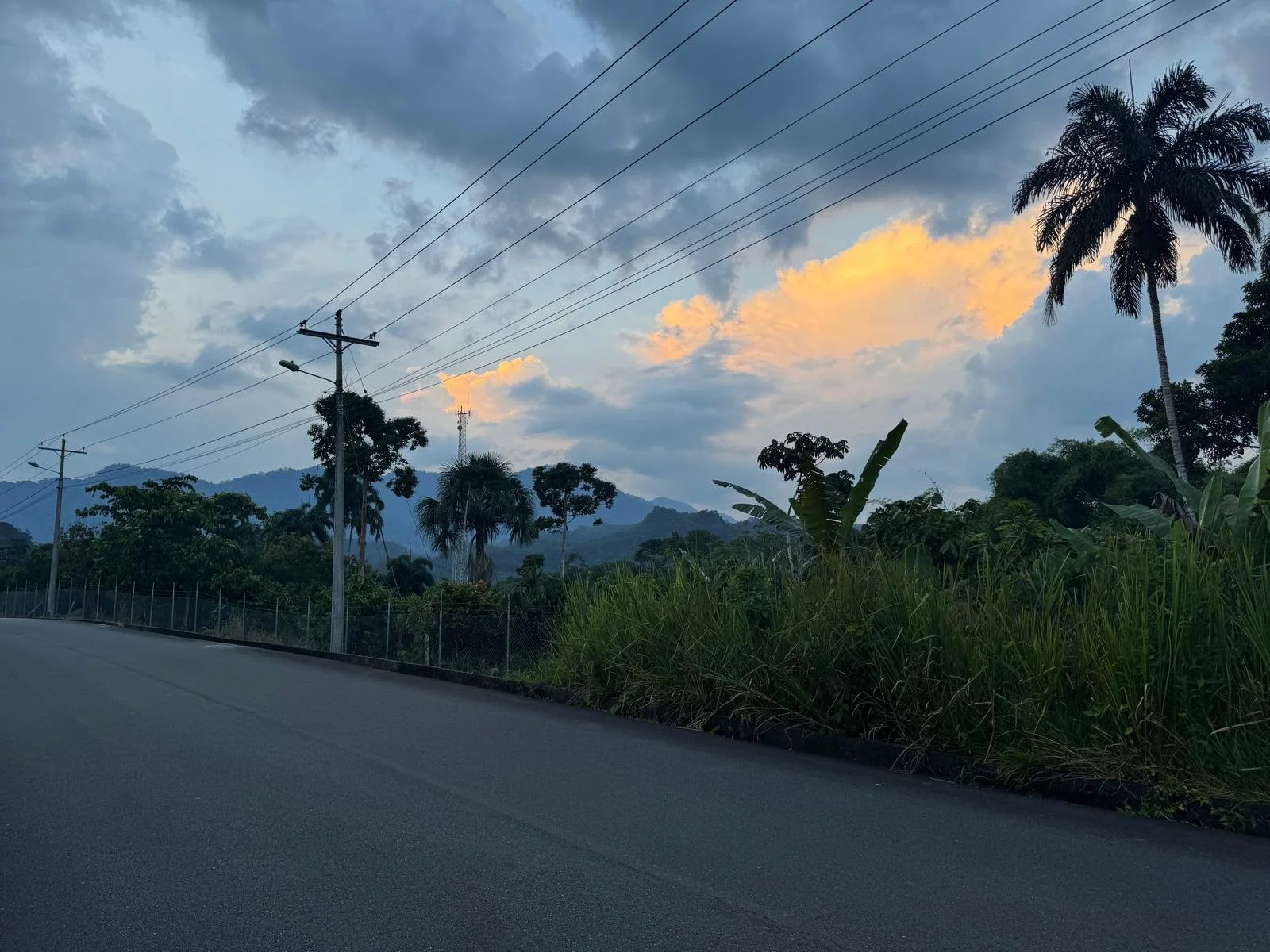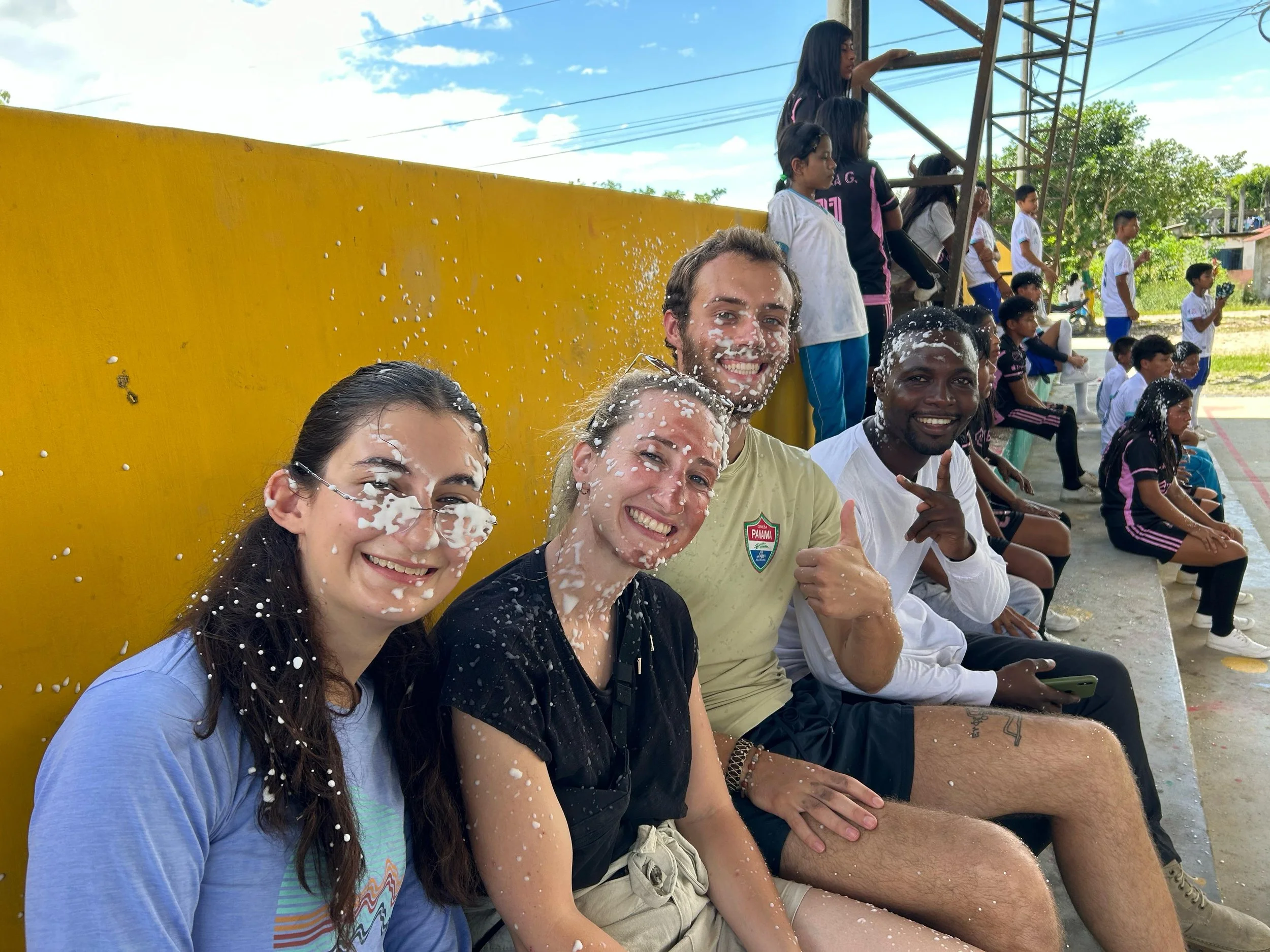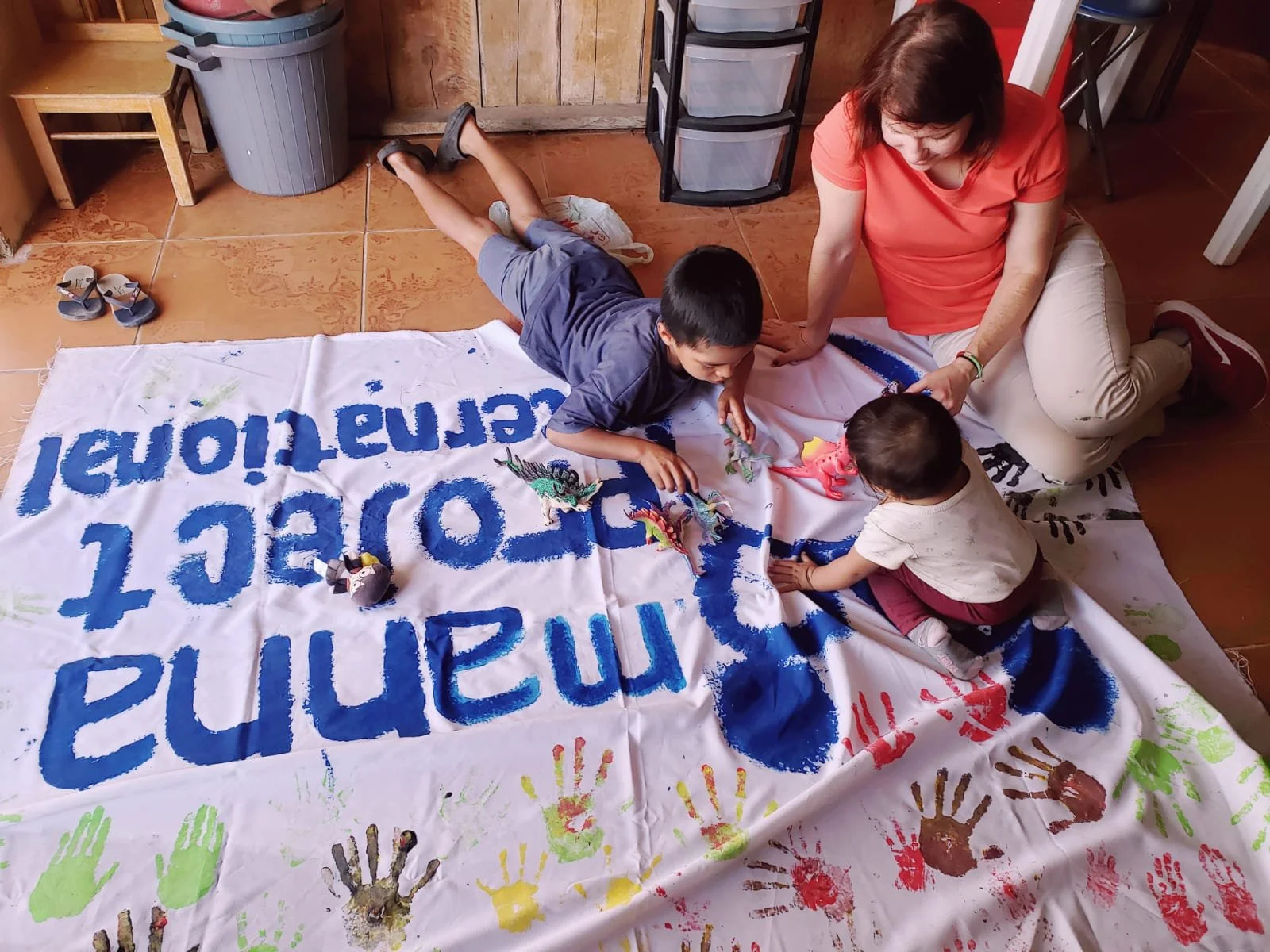"When we opened our library here at MPI-Ecuador, we had a handful of books, a couple of chess sets, and a second-hand Connect-Four. I've wanted to expand our educational games section for some time now, driven by the feeling that my own intellectual development had a lot to do with Mastermind and Memory.
 Thanks to the McCallas, we've significantly expanded the number of games that make our heads hurt, with Blokus, Rush Hour and my personal favorite, SET. In my mind - given Ecuadorians' own acknowledgment that the educational system here discourages creative thinking - these games are one of the funnest ways for us to contribute to the development of the children at the MPI library.
Thanks to the McCallas, we've significantly expanded the number of games that make our heads hurt, with Blokus, Rush Hour and my personal favorite, SET. In my mind - given Ecuadorians' own acknowledgment that the educational system here discourages creative thinking - these games are one of the funnest ways for us to contribute to the development of the children at the MPI library. If you'd like to contribute to our collection of educational games, please let us know! I've picked out a handful of games below that a) develop fine motor skills or critical thinking abilities; b) are durable and c) are either language-free or Spanish-based.
If you'd like to contribute to our collection of educational games, please let us know! I've picked out a handful of games below that a) develop fine motor skills or critical thinking abilities; b) are durable and c) are either language-free or Spanish-based.Mastermind
Othello
Apples to Apples para Niños
Memory (Dora the Explorer edition)
Memory (original)
Thanks, and really, you should all pick up Blockus next time you're at Target. It's awesome.
~Mark"






